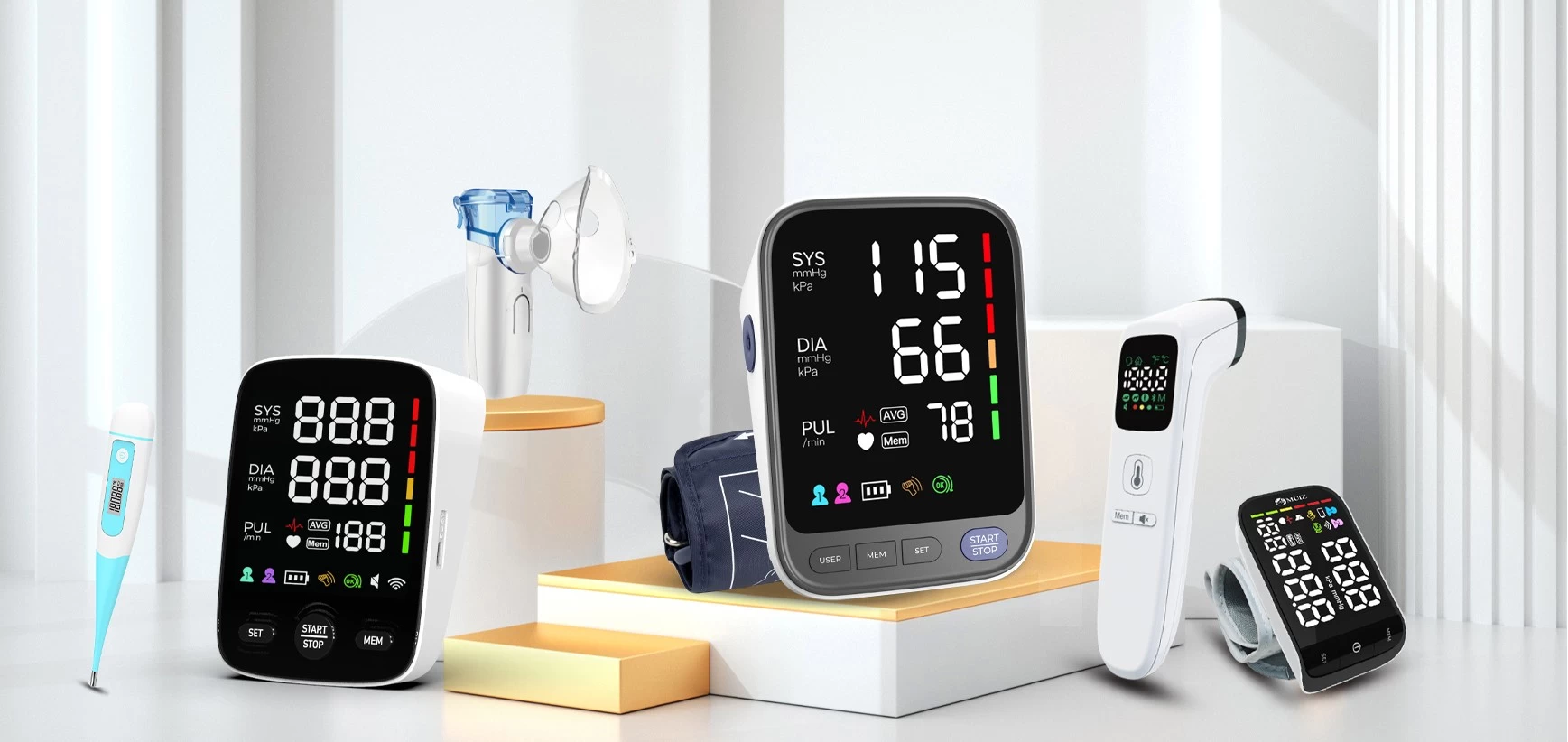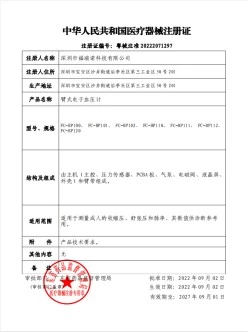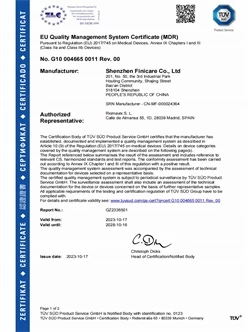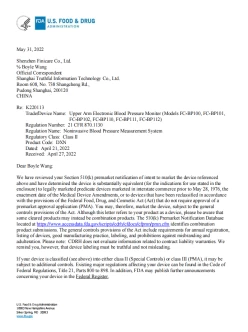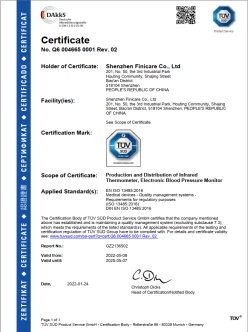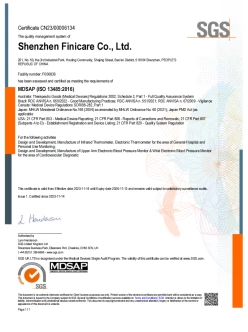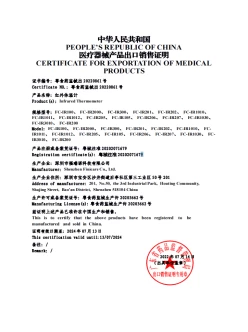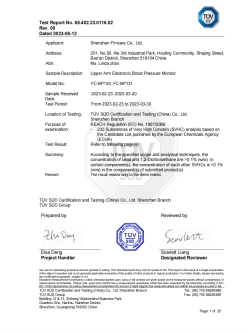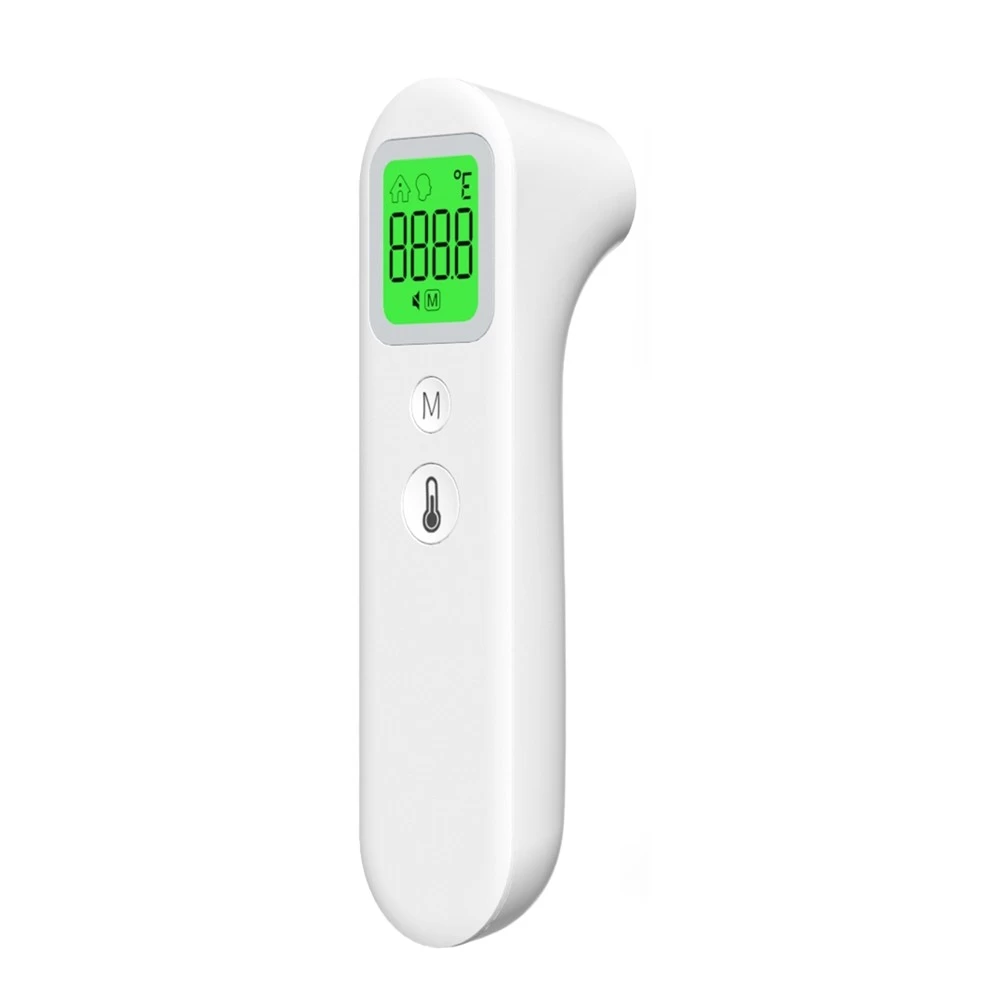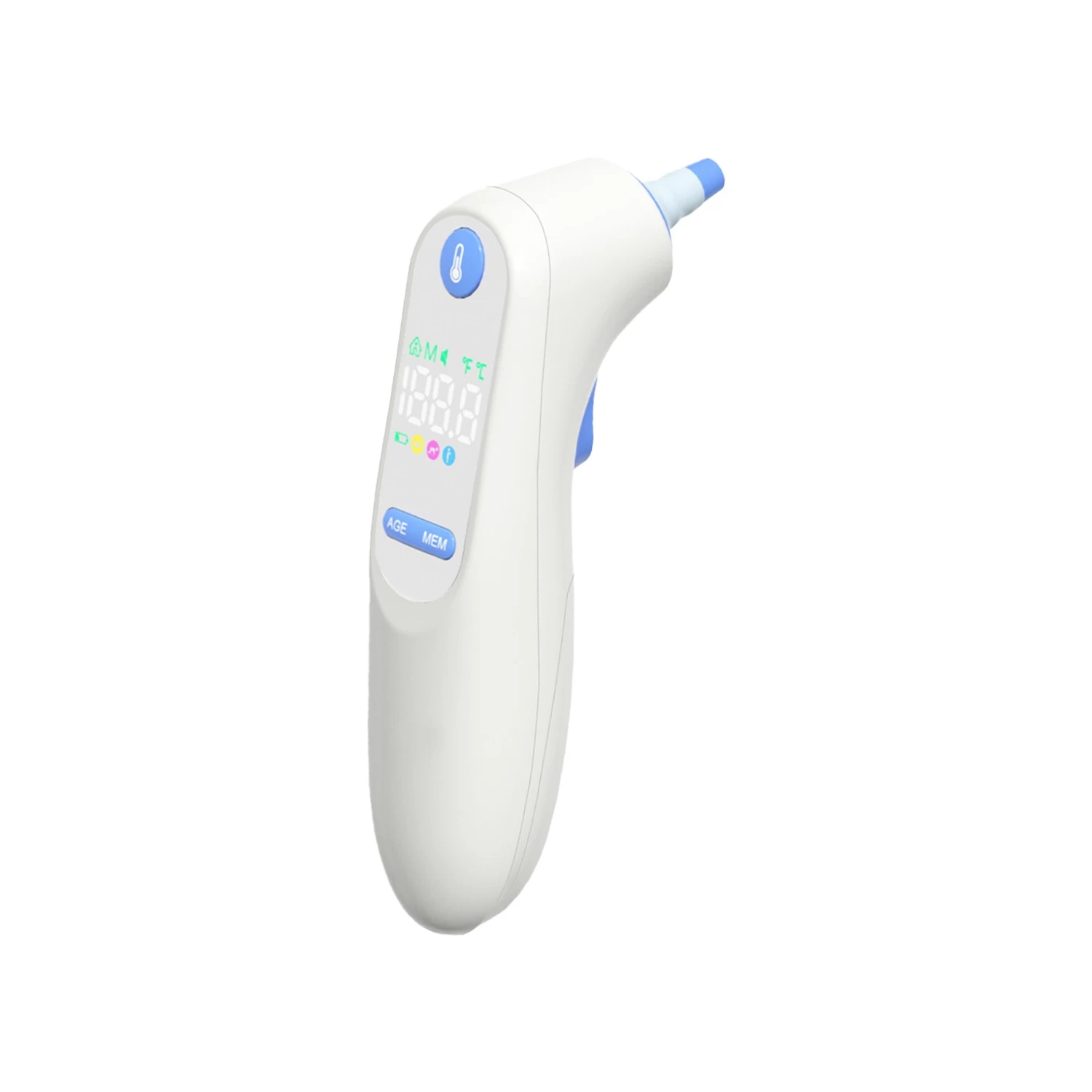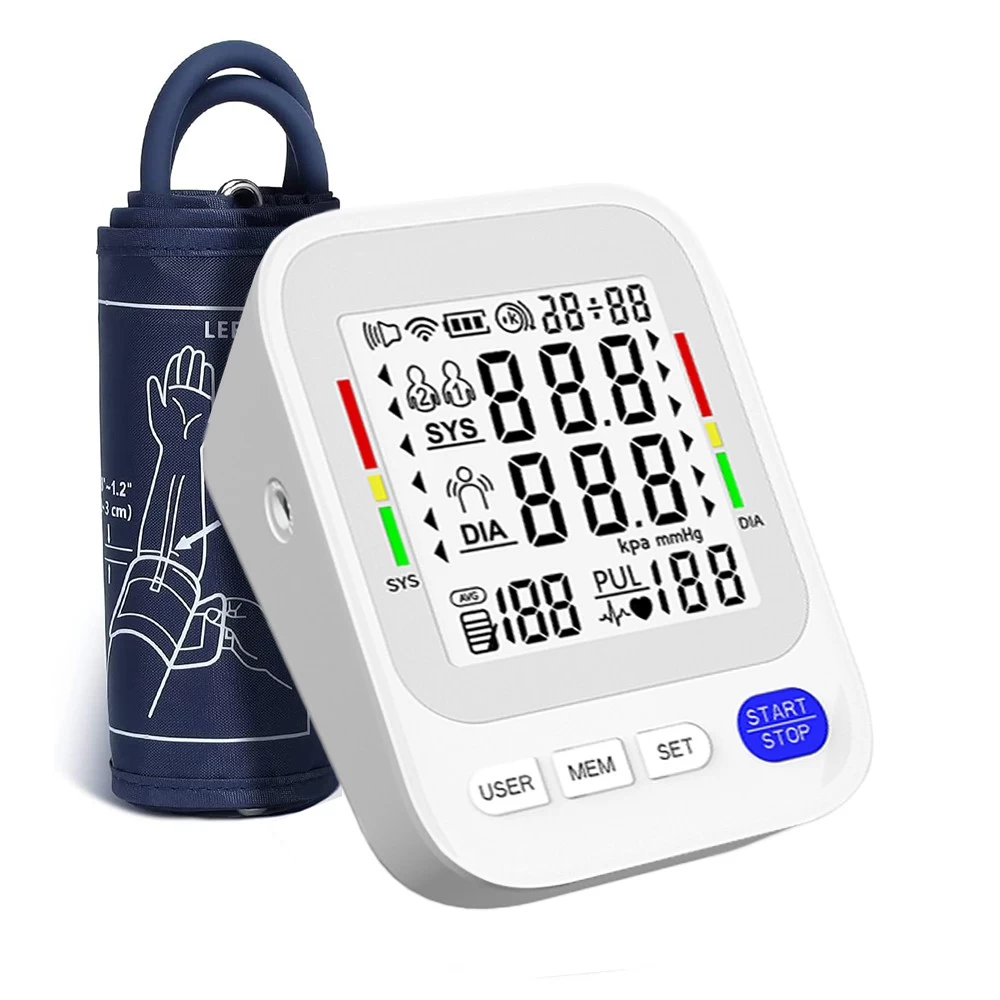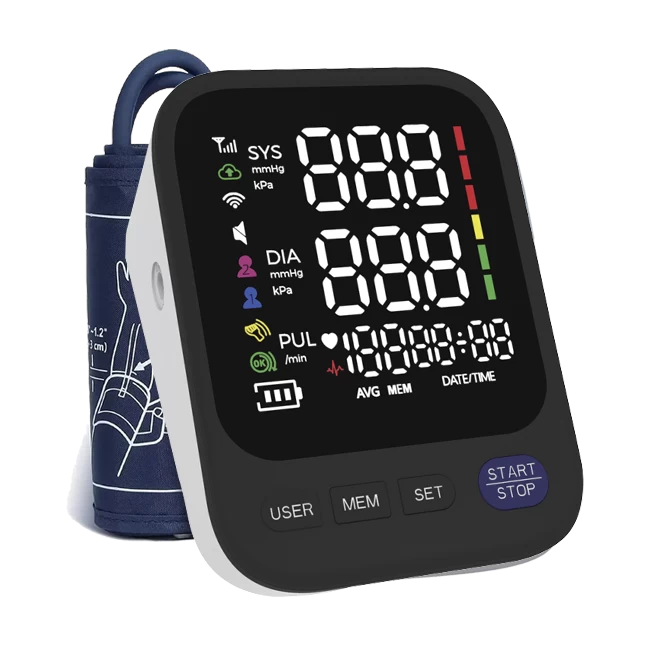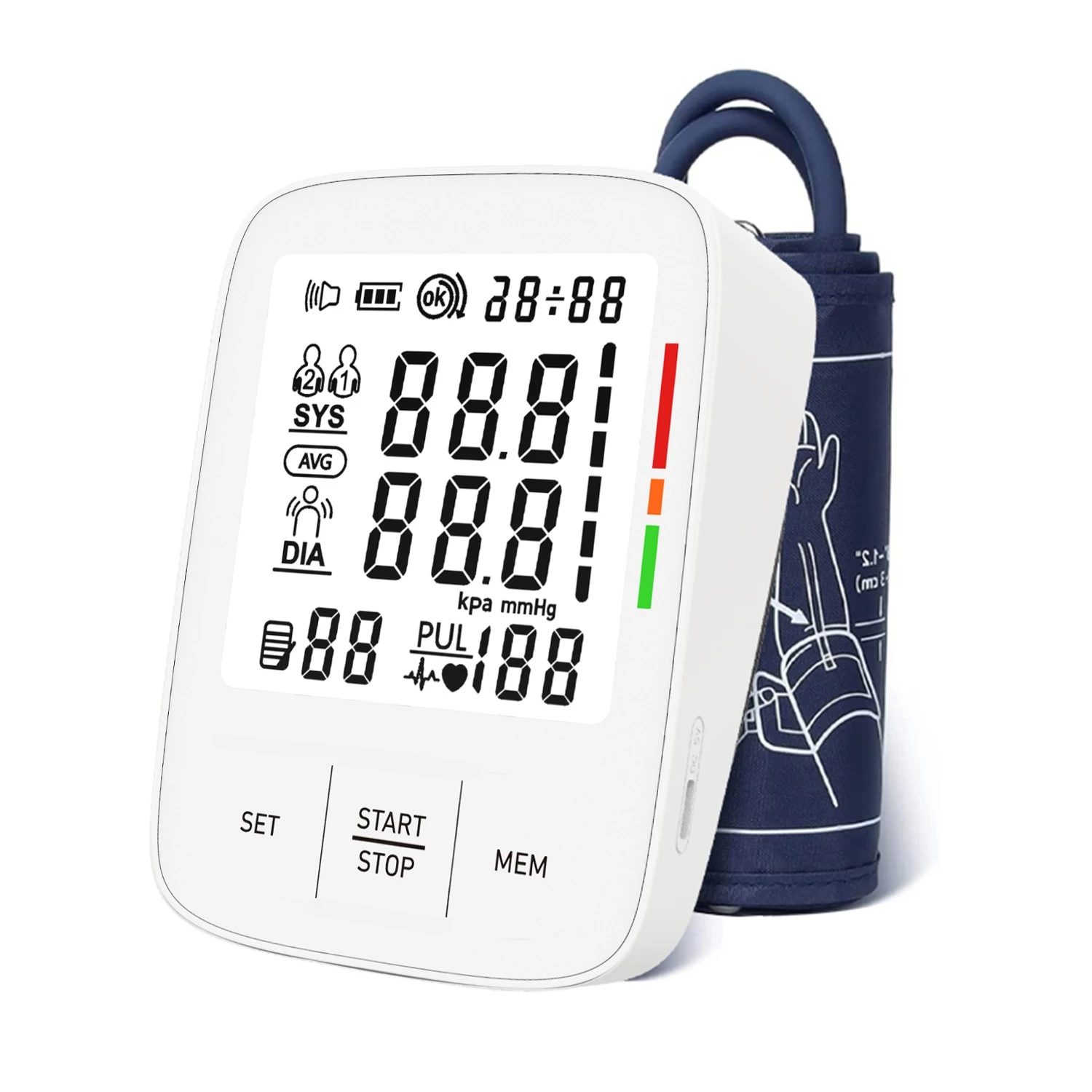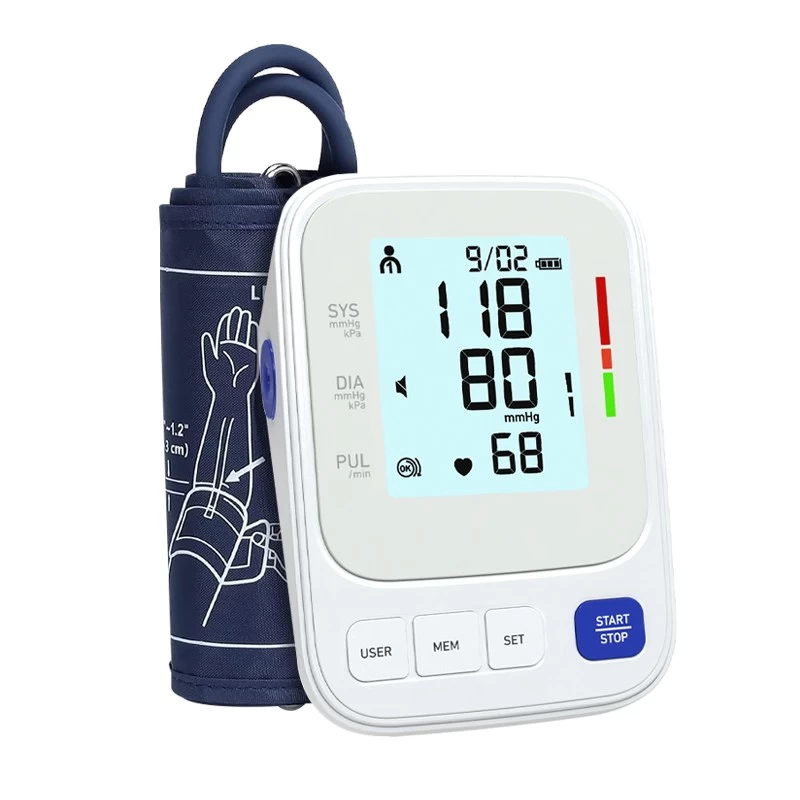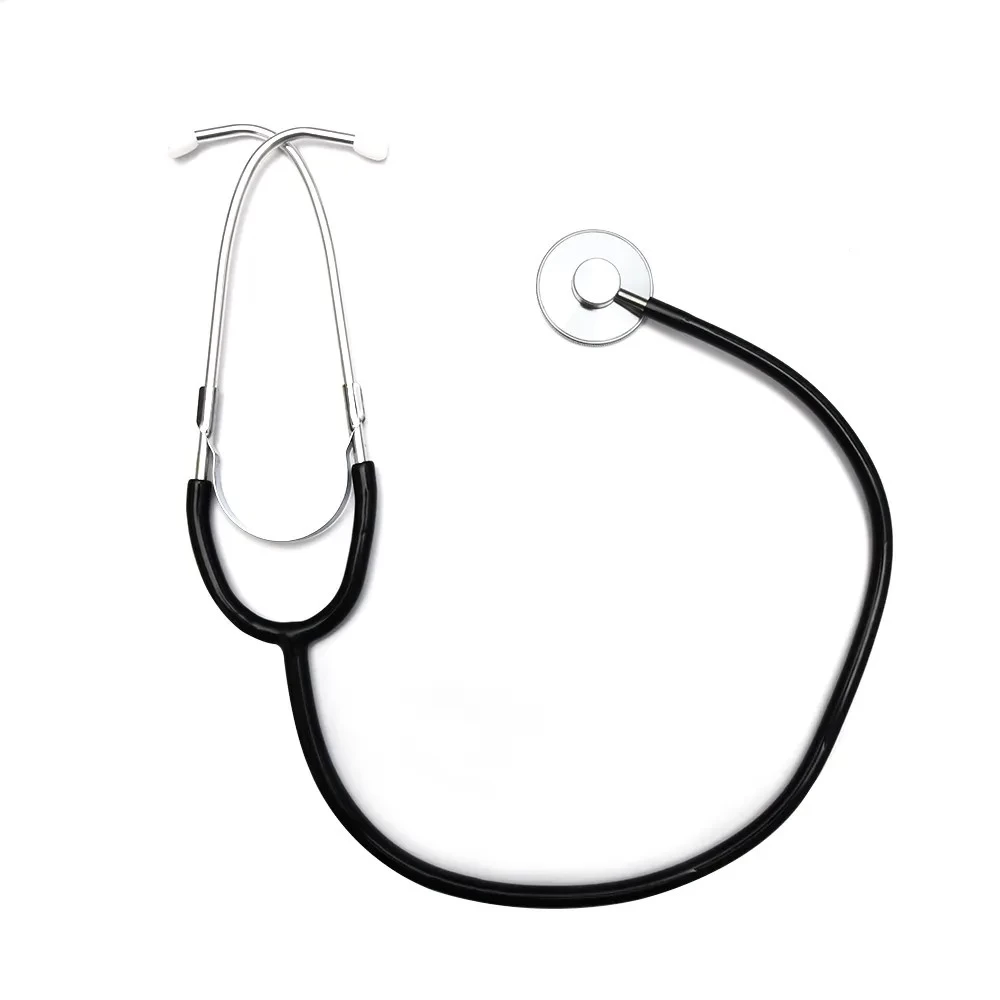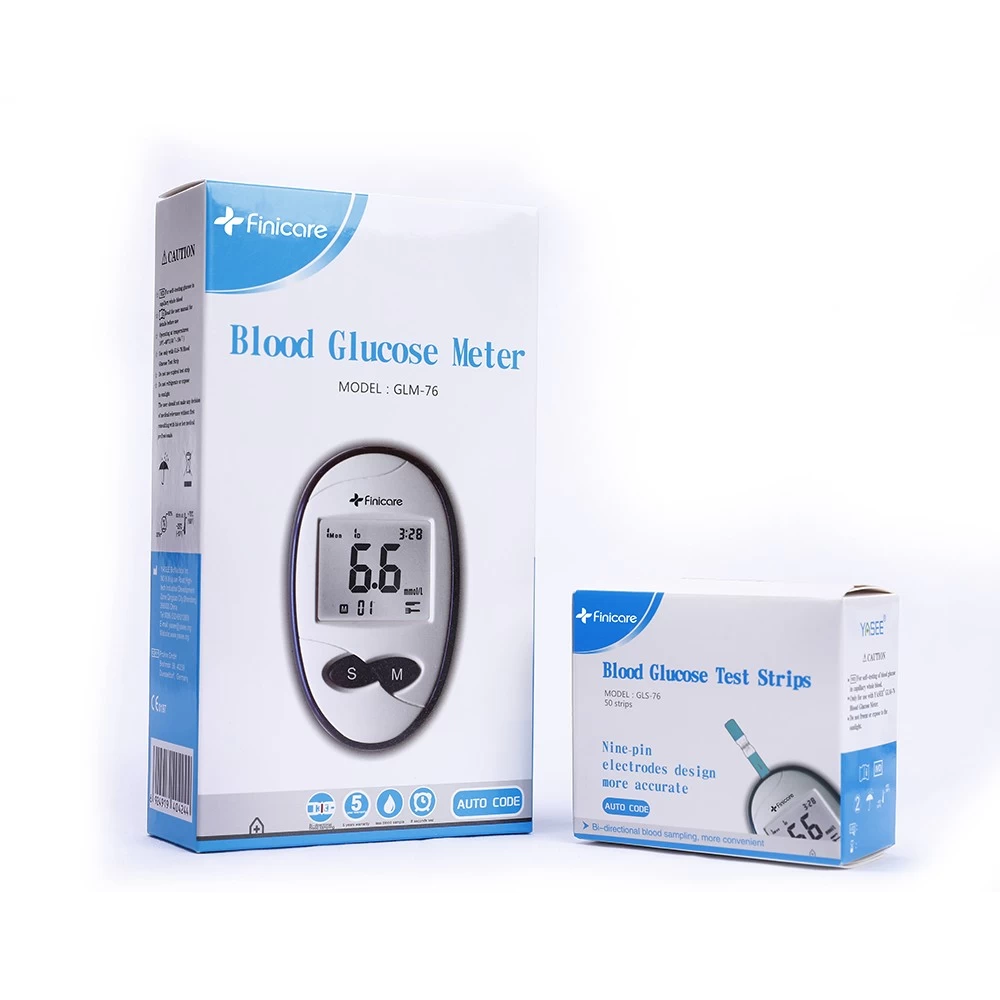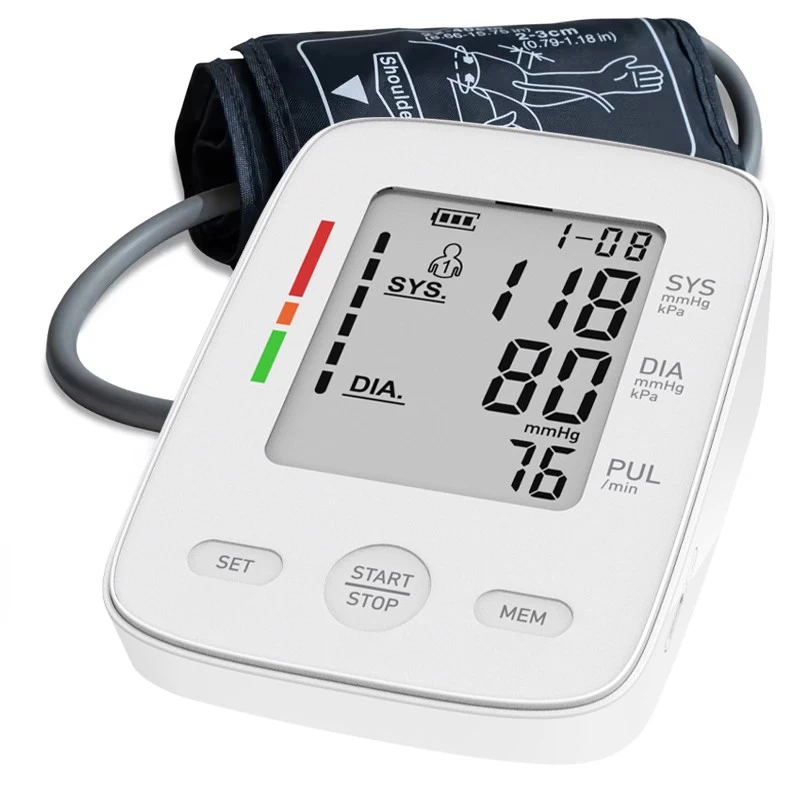Does Coffee Raise Blood Pressure?
Does Coffee Raise Blood Pressure?
Here's a revised version tailored for Western audiences with natural medical terminology and structure:

Why Caffeine Elevates Blood Pressure: Key Mechanisms Explained
The temporary blood pressure increase from coffee consumption stems from caffeine's complex interactions with multiple physiological systems. Here's a scientific breakdown of its effects:
1.Vasoconstrictive Action
Caffeine inhibits adenosine receptors, blocking this natural vasodilator's ability to maintain arterial relaxation. This blockade causes blood vessel constriction (vasoconstriction), increasing peripheral vascular resistance.
2.Adrenergic Stimulation
The stimulant triggers adrenal release of epinephrine (adrenaline), which simultaneously:
1.Accelerates heart rate (positive chronotropic effect)
2.Enhances cardiac contractility (positive inotropic effect)
3.Constricts peripheral blood vessels
3.Sympathetic Nervous System Activation
By stimulating the autonomic nervous system's "fight-or-flight" response, caffeine increases:
1.Cardiac output through heightened myocardial activity
2.Systemic vascular resistance via arterial constriction
4.Renal Impact
Caffeine temporarily reduces sodium excretion through:
1.Increased renal tubular reabsorption
2.Altered natriuretic hormone activity
This electrolyte imbalance contributes to fluid retention and blood volume expansion.
5.Hemodynamic Effects
Even in normotensive individuals, caffeine typically causes:
1.15-15 mmHg systolic pressure elevation
2.5-10 mmHg diastolic increase
Peak effects occur 30-120 minutes post-consumption, persisting 3-4 hours
6.Individual Variability
Genetic factors influence caffeine metabolism through:
1.CYP1A2 enzyme polymorphisms (slow vs fast metabolizers)
2.ADORA2A receptor sensitivity variations
3.Baseline hypertension status
7.Adaptive Tolerance
Chronic consumers (≥3 cups/day) often develop diminished responses due to:
1.Adenosine receptor upregulation
2.Compensatory baroreflex adjustments
3.Neurohormonal counter-regulation
Clinical Considerations
While transient in healthy adults, these effects warrant caution for:
Hypertension patients (may require caffeine restriction)
Postprandial/postural hypotension management
Pre-anesthetic protocols (NPO guidelines)
This revised version uses standard medical terminology familiar to Western readers, organizes information hierarchically, and emphasizes evidence-based mechanisms while maintaining accessibility. The structure follows conventional medical communication patterns with clear categorization of primary effects and clinical implications.
Table of Contents
1.How Does Caffeine Affect Blood Pressure?
2.How Long Does Caffeine Raise Blood Pressure?
3.What Are the Side Effects of Coffee on Blood Pressure Medication?
4.Does Coffee Cause High Blood Pressure?
5.Are Certain People More Sensitive to Coffee’s Effects on Blood Pressure?
6.Does Decaffeinated Coffee Impact Blood Pressure Differently?
7.Can Coffee Consumption Lower Cardiovascular Risks Long-Term?
8.How Do Different Coffee Preparations (Espresso, Instant, etc.) Affect Blood Pressure?
9.What Are Healthy Coffee-Drinking Habits for Blood Pressure Management?
1. How Does Caffeine Affect Blood Pressure?
Caffeine, the primary stimulant in coffee, temporarily raises blood pressure by blocking adenosine receptors, which normally promote vasodilation (widening of blood vessels). This inhibition triggers the release of adrenaline, increasing heart rate and constricting blood vessels, leading to a short-term spike in blood pressure. Studies suggest that a single cup of coffee (containing ~95 mg of caffeine) can elevate systolic blood pressure by 3–14 mmHg and diastolic by 4–13 mmHg, peaking within 30–60 minutes.
However, habitual coffee drinkers may develop tolerance to these effects. For example, regular consumers often experience smaller blood pressure increases compared to occasional drinkers.
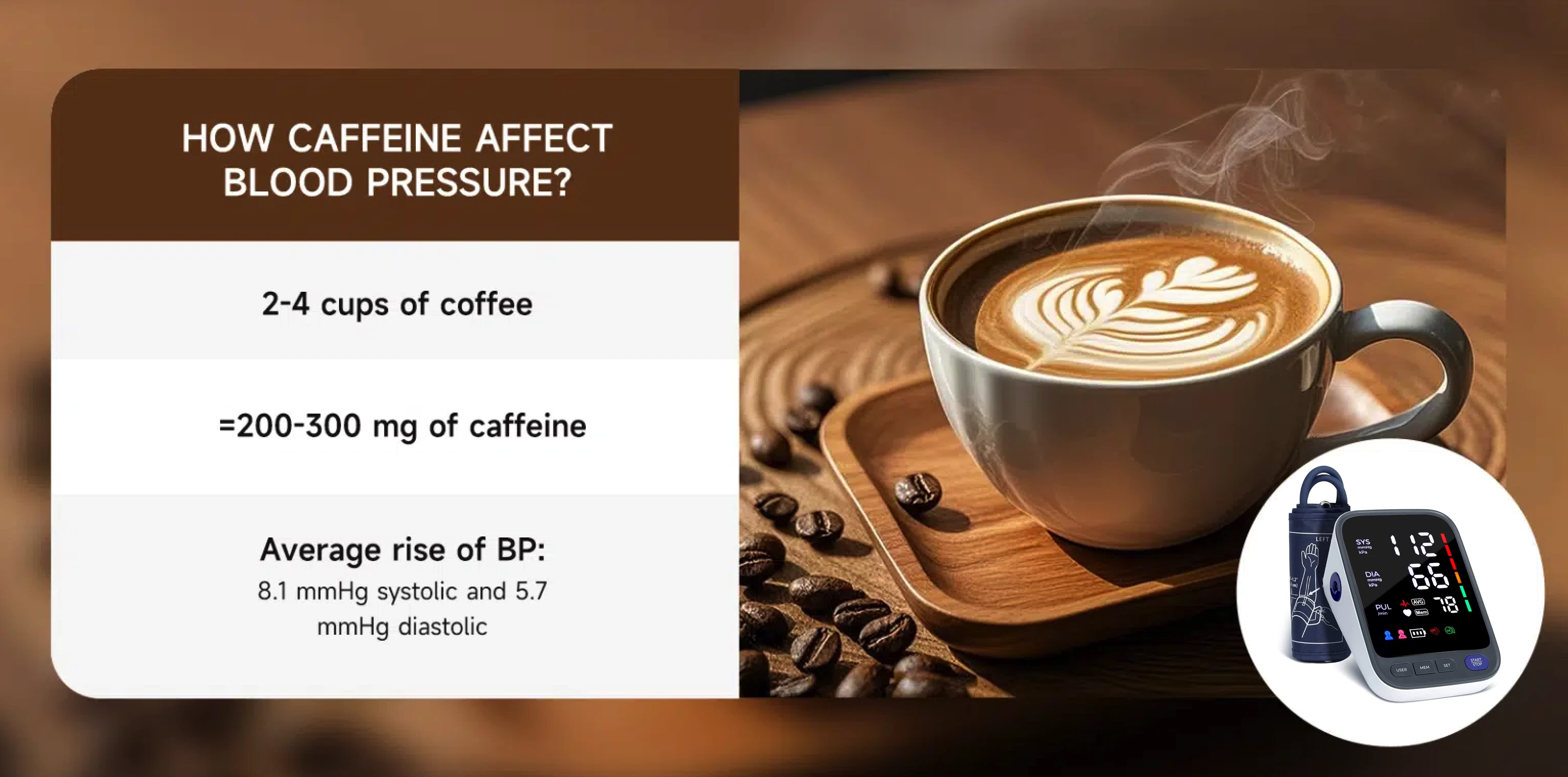
2. How Long Does Caffeine Raise Blood Pressure?
The hypertensive effect of caffeine typically lasts 3–4 hours, though this varies based on metabolism, age, and genetics. Research indicates that blood pressure returns to baseline levels within 4–6 hours for most individuals. Chronic consumption may lead to attenuated effects, but abrupt cessation in heavy drinkers can cause withdrawal symptoms, including temporary blood pressure fluctuations.
3. What Are the Side Effects of Coffee on Blood Pressure Medication?
Coffee may interfere with antihypertensive drugs. For instance:
Beta-blockers: Caffeine can counteract their heart rate-lowering effects.
Diuretics: Coffee’s mild diuretic properties may exacerbate electrolyte imbalances.
NSAIDs (e.g., ibuprofen): Combining caffeine with NSAIDs increases cardiovascular strain and hypertension risk.
Patients on blood pressure medication should consult doctors about caffeine intake timing and limits.
4. Does Coffee Cause High Blood Pressure?
Long-term studies show mixed results. While acute spikes occur, habitual coffee consumption (3–5 cups/day) is not strongly linked to chronic hypertension. Paradoxically, some observational studies associate moderate coffee intake with reduced cardiovascular mortality, possibly due to antioxidants like chlorogenic acid. However, excessive consumption (>6 cups/day) may negate benefits and elevate risks in sensitive individuals.
5. Are Certain People More Sensitive to Coffee’s Effects on Blood Pressure?
Yes. Genetic factors (e.g., CYP1A2 enzyme variants) influence caffeine metabolism. Slow metabolizers experience prolonged blood pressure elevation. Other high-risk groups include:
Hypertensive individuals: Exaggerated responses to caffeine.
Pregnant women: Increased susceptibility to blood pressure spikes.
Diabetics: Coffee’s benefits (e.g., reduced liver fibrosis risk) may coexist with blood pressure sensitivity.
6. Does Decaffeinated Coffee Impact Blood Pressure Differently?
Decaf coffee (2–5 mg caffeine/cup) has minimal effects on blood pressure. Studies suggest its antioxidants may offer cardiovascular benefits without caffeine’s stimulatory impact. However, additives like sugar or artificial sweeteners in decaf drinks can negate advantages by promoting inflammation and weight gain.
7. Can Coffee Consumption Lower Cardiovascular Risks Long-Term?
Emerging evidence highlights coffee’s protective roles:
Reduced diabetes risk: Unsweetened coffee lowers type 2 diabetes risk by 10% per cup.
Liver health: Caffeine inhibits collagen production, reducing liver fibrosis risk by 29% in high consumers.
Cardioprotection: Moderate intake (0.5–3 cups/day) correlates with 12% lower all-cause mortality.
These benefits are dose-dependent and contingent on avoiding sugary additives.
8. How Do Different Coffee Preparations Affect Blood Pressure?
Espresso: Higher caffeine concentration (~63 mg/ounce) may cause sharper spikes.
Instant coffee: Lower caffeine (~30–90 mg/cup) but often contains additives.
Cold brew: Similar caffeine content to hot coffee, but acidity differences may affect digestion.
Non-dairy creamers and syrups in specialty drinks (e.g., lattes) can introduce sugars, counteracting benefits.
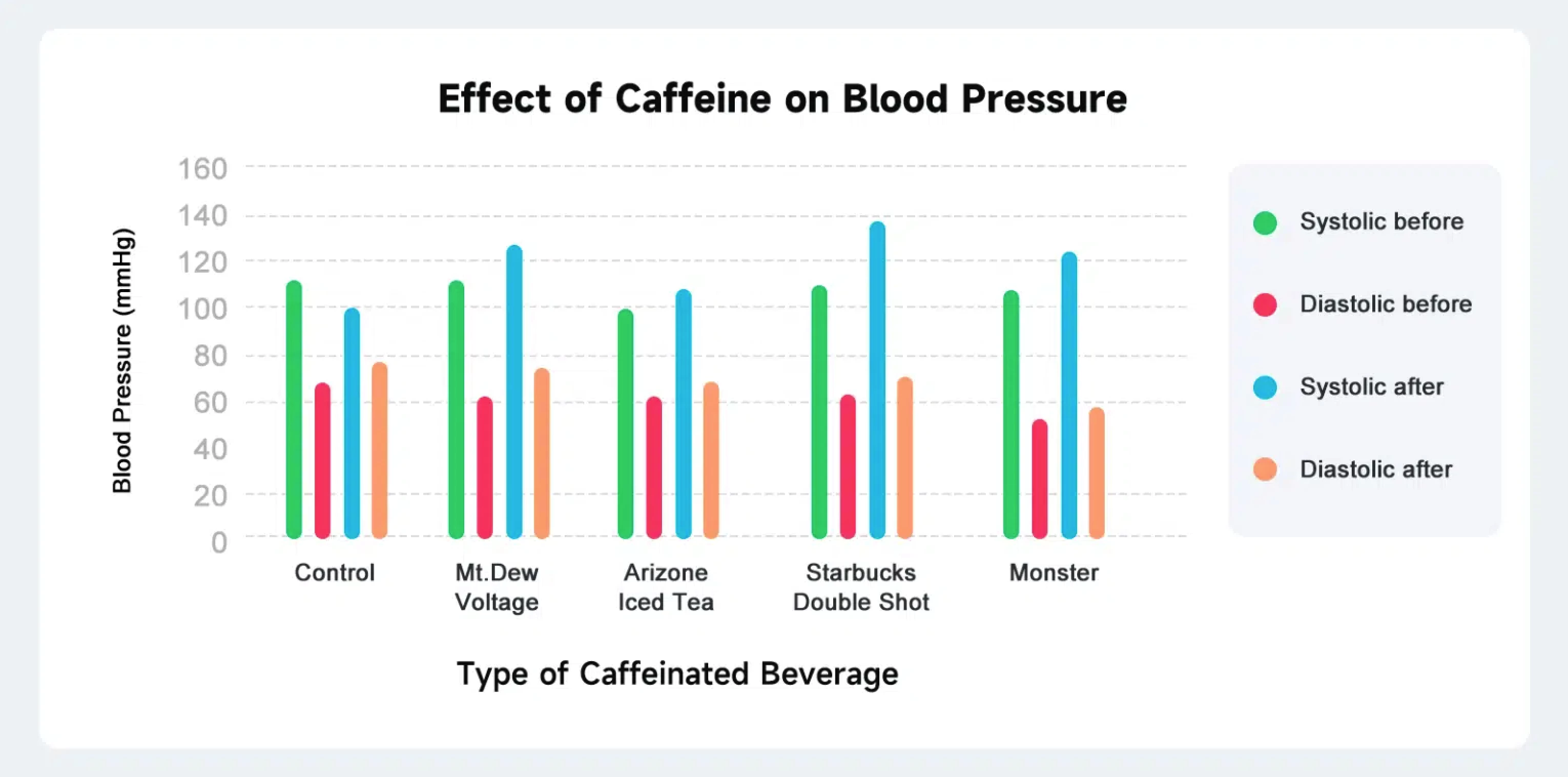
9. What Are Healthy Coffee-Drinking Habits for Blood Pressure Management?
Limit additives: Avoid sugar, syrups, and artificial sweeteners.
Moderate intake: Stick to 3–5 cups/day (≤400 mg caffeine).
Timing: Avoid coffee close to bedtime to prevent sleep disruption, which indirectly affects blood pressure.
Temperature: Avoid scalding beverages (>65°C), classified as probable carcinogens.
10. Conclusion
Coffee’s impact on blood pressure is nuanced. While caffeine induces short-term spikes, habitual moderate consumption may lower long-term cardiovascular risks, provided additives are minimized. Individual responses vary, necessitating personalized approaches. For those with hypertension or medication use, consulting healthcare providers is crucial. Ultimately, coffee can fit into a heart-healthy lifestyle when consumed mindfully.
If you’re concerned about coffee’s impact, consider limiting your intake. Choose Finicare Blood pressure monitor FC-BP113 for easy and accurate blood pressure monitoring. It can help you track how coffee affects your blood pressure and make informed decisions to manage your health effectively..
